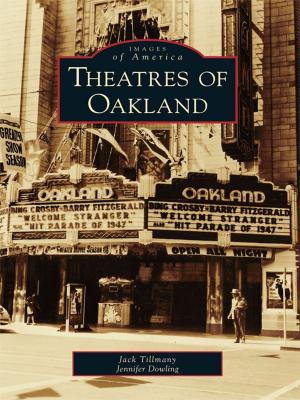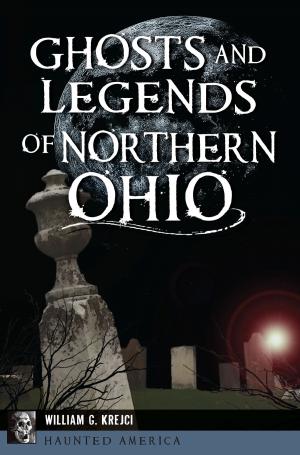The Portland Area: 1869-1939
Nonfiction, Travel, Pictorials, Art & Architecture, Photography, History| Author: | Mark D. Neese, Portland Area Historical Society | ISBN: | 9781439631645 |
| Publisher: | Arcadia Publishing Inc. | Publication: | August 3, 2005 |
| Imprint: | Arcadia Publishing | Language: | English |
| Author: | Mark D. Neese, Portland Area Historical Society |
| ISBN: | 9781439631645 |
| Publisher: | Arcadia Publishing Inc. |
| Publication: | August 3, 2005 |
| Imprint: | Arcadia Publishing |
| Language: | English |
In the early 1830s, a man named Elisha Newman made the first land claim in the area that later became Portland, Michigan. Newman was attracted by the excellent location at the confluence of the Grand and Looking Glass Rivers. He was not the first to be drawn to this area, as it had already been occupied for many years by the Chippewa and Ottawa tribes of Native Americans. After its 1836 settlement by European Americans, Portland steadily grew into an economic and industrial center of Ionia County. In 1869, Portland was incorporated as a village. This book contains nearly 200 photographs and illustrations that both document and celebrate life in the Portland area from 1869 through the years just prior to World War II, a time when the banks of the Grand and Looking Glass Rivers were teeming with industry and the downtown streets were bustling with activity.
In the early 1830s, a man named Elisha Newman made the first land claim in the area that later became Portland, Michigan. Newman was attracted by the excellent location at the confluence of the Grand and Looking Glass Rivers. He was not the first to be drawn to this area, as it had already been occupied for many years by the Chippewa and Ottawa tribes of Native Americans. After its 1836 settlement by European Americans, Portland steadily grew into an economic and industrial center of Ionia County. In 1869, Portland was incorporated as a village. This book contains nearly 200 photographs and illustrations that both document and celebrate life in the Portland area from 1869 through the years just prior to World War II, a time when the banks of the Grand and Looking Glass Rivers were teeming with industry and the downtown streets were bustling with activity.















